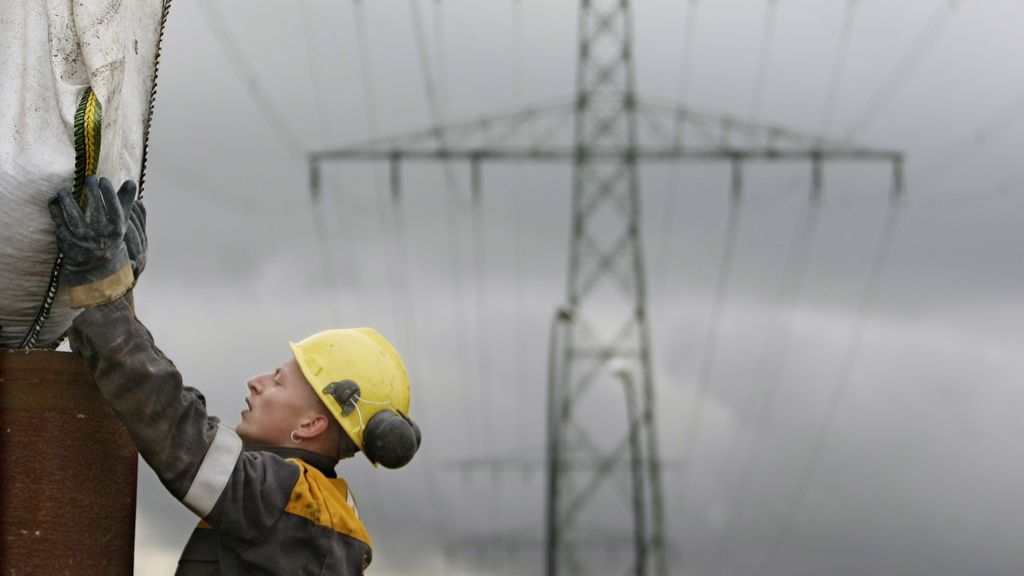NOS News•
The necessary expansion of the electricity grid is being greatly delayed by the nitrogen inertia. Grid operators warn that 2030 climate goals will be jeopardized if construction of new high-voltage lines, among other things, stops.
Dick Weiffenbach, managing director of the umbrella organization Netbeheer Nederland, estimates that 25 to 75 percent of projects that network managers work on are at risk of stalling. Now that the so-called construction exemption has been abolished, it is necessary to investigate how much nitrogen is being released for each project.
It takes so long that those projects will be delayed for years. “Nitrogen is the big problem.” Weifenbach says. He wants his sector to be given an exceptional position and not end up at the back of the queue when nitrogen space becomes available. On Thursday, the House of Representatives will discuss the nitrogen issue.
off the gas
The government believes that in order to meet climate goals, businesses and households must degas as much as possible in the coming years. The combustion of natural gas releases the greenhouse gas CO2.
Instead, the use of sustainable energy should be increased, especially from solar panels and wind turbines. But to make this energy transition possible, the electricity grid must be significantly modernized.
In some places, the grid is already so occupied that it is not possible to connect solar panels or new wind turbines. Companies that want to electrify their production will be placed on a waiting list.
part of the solution
But nitrogen is also released during the construction of new energy infrastructure. Many projects, especially in nature reserves, are now having difficulty obtaining a permit because there is so little room for nitrogen. Weiffenbach is afraid of giving priority to others, such as farmers who do not have a permit through no fault of their own (the so-called PAS reporters).
“Network operators are not part of the problem, but they are part of the solution,” he says. Nitrogen emissions from the construction of new pipelines and high-voltage substations are small and, moreover, temporary. Ultimately, electricity will also reduce nitrogen emissions, Weffenbach says. For example, the construction sector is increasingly working with electric vehicles.
once pill
Minister Cetin (Climate and Energy) describes the fact that projects can be delayed as a “bitter pill”. For projects that are really critical to the energy transition, he will look at how to issue the permit more quickly for each case.
According to Jetten, it has also been agreed in Europe that these building plans should be prioritized in order to meet climate goals. “So we would also like to apply this in the Netherlands, and get a license for these projects as quickly as possible.”







